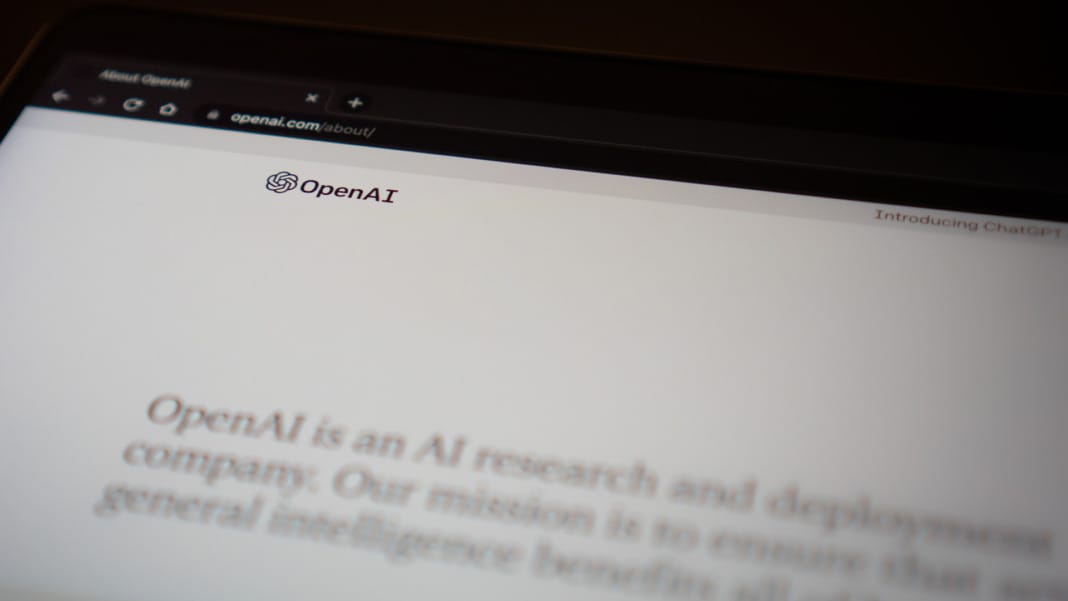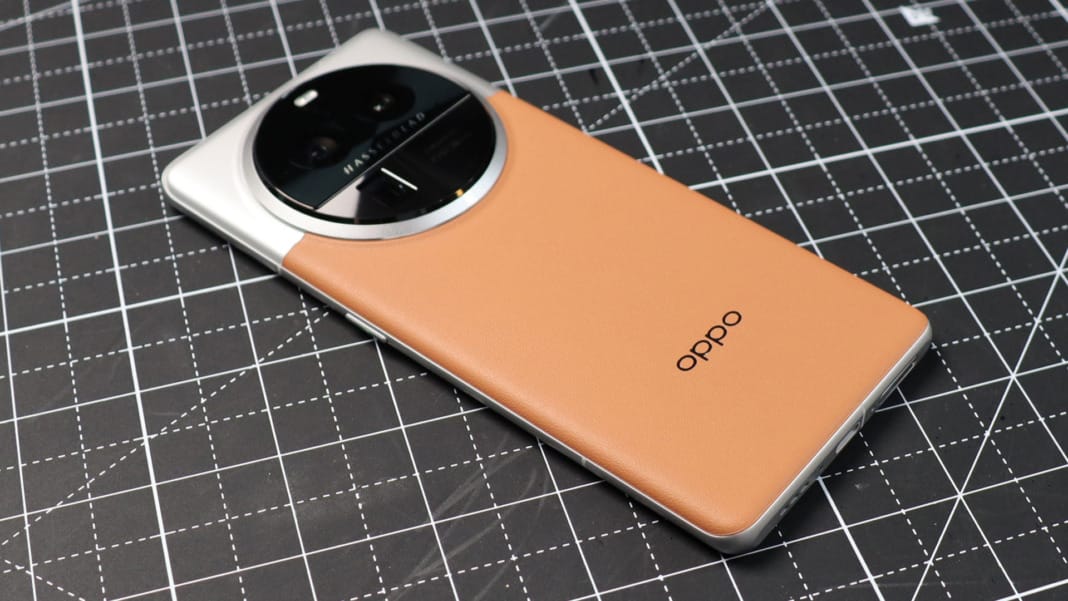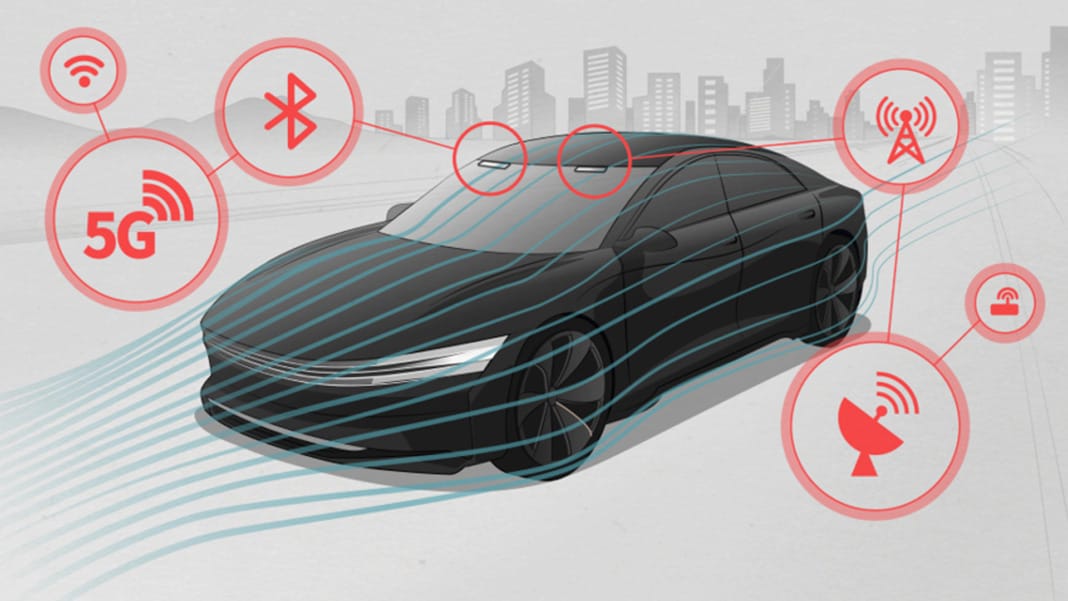ByteDance, the company behind the globally popular app TikTok, has reportedly been using OpenAI’s technology to enhance its own artificial intelligence model, as per a report by the Verge. This move is frowned upon in the AI community and breaches OpenAI’s terms of service.
Under these terms, customers are prohibited from creating AI models rivalling OpenAI’s offerings. They are also restricted from extracting data through any means other than the approved Application Programming Interfaces (APIs). These APIs enable developers to utilise GPT to build their own applications.
Despite these regulations, ByteDance allegedly continued employing the API to train and assess its model, Project Seed. Internal communications within ByteDance, viewed by the Verge, indicate instructions to staff to conceal their activities using “data desensitisation” methods.
ByteDance reportedly halted using the API for Project Seed development when its chatbot, Doubao, received regulatory approval in China. However, the Verge’s report suggests that the API was still being used to evaluate Doubao’s performance.
OpenAI responds with account suspension
Reacting to these allegations, OpenAI confirmed on Friday that it had suspended ByteDance’s account for violating its terms of service. “All API customers must adhere to our usage policies to ensure that our technology is used for good. While ByteDance’s use of our API was minimal, we have suspended their account while we further investigate,” said OpenAI spokesperson Niko Felix.
If ByteDance’s use is found to be against OpenAI’s policies, the company could be asked to make necessary adjustments or face account termination.
ByteDance has denied any misconduct in a statement to Business Insider, asserting that it holds a licence from Microsoft to use GPT’s APIs. The company clarified that it employs GPT for products in markets outside China, but uses its in-house model for Doubao, which is exclusive to China.
ByteDance’s expansion into AI and regulatory scrutiny
ByteDance is currently broadening its horizons, venturing into the AI market. The South China Morning Post recently reported that the company is developing a chatbot-building tool, positioning itself as a competitor to OpenAI’s customisable ChatGPT bots.
In the past year, US regulators and lawmakers have been closely monitoring ByteDance, expressing concerns that user data from TikTok might be shared with the Chinese government.





